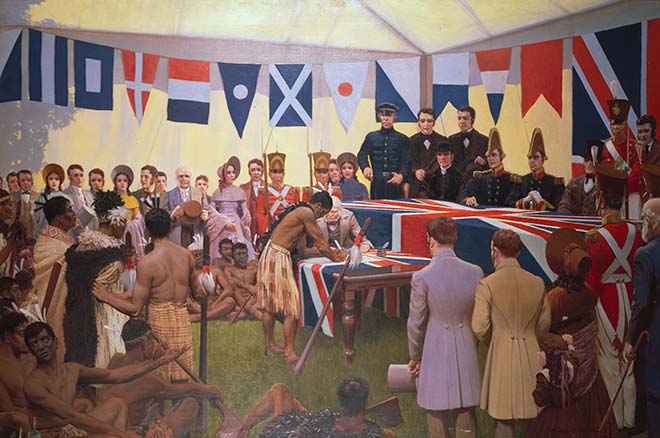Today for science intensive we have learned about water pollution. We watched these videos about what happens when rubbish get deposed to the ocean:
What we have learned:
- We learned that people around the world has nothing to drink, they will drink water that has lots of bad chemical in it.
- Drinking water that was from the sea can make people have diarrhea, really sick and may die.
- When people eat their food and their are finish with the packet they will just chuck it away. The worst things is the wind will blow the rubbish and it will go everywhere especially in the drain, where all the water goes in the ocean.





